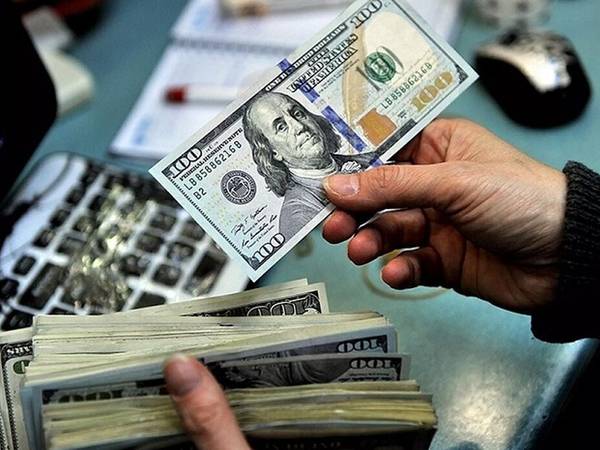A conservative Iranian economist has warned the government to handle its foreign currency reserves with care, considering the possible presidency of Donald Trump and the likelihood of increased US economic pressure.
More than three weeks after the election of President Masoud Pezeshkian, the specifics of his economic plan remain unclear. His top officials are expected to be announced by Tuesday or Wednesday at the latest. However, it is already known that experienced economic manager Ali Tayyebnia has declined the position of presidential deputy.
Meanwhile, the battered Iranian currency, the rial, remains weak and faces the danger of another sudden fall against major currencies, which would exacerbate the annual inflation rate hovering above 40%.
Kamran Nadri, an Islamist economist, has warned the government to be careful about injecting dollars into the market to support the rial. He has expressed his agreement with remarks by former central bank chief Abdolnaser Hemmati who warned in recent days that dollar injections have failed to strengthen the rial, currently trading at 590,000 per one US dollar.
After Pezeshkian’s election, the rial showed some signs of improvement, but now it appears that the temporary reprieve was due to government intervention in the currency markets.
Nadri maintained that the government’s oil revenues have improved since 2021, either because of lax sanctions enforcement by the Biden administration or Tehran’s efforts to boost shipments to China. As a result, the government’s currency reserves are stronger, but that is not a reason for hasty interventions to support the rial.
Iran’s daily oil exports were around 250,000 barrels per day after the Trump administration imposed full oil sanction in 2019, but as soon as the President Joe Biden assumed office, the volume increased. In recent months, Iran has been exporting around 1.5 million barrels daily, mostly to China, using illicit methods to hide the shipments.
Nadri, who is an expert in ‘Islamic banking’ warned, "Given the increasing likelihood of Trump's presidency in the United States, we must proceed more cautiously. This means we should anticipate potential issues with oil sales and avoid using all of our current foreign exchange reserves."
Pezeshkian has released a brief outline of his economic objectives, where he acknowledges the serious impact of sanctions, stating that with current budgetary restrictions it would not be possible to alleviate the hardship people endure. Even if an agreement with the United States is reached soon, it will take about two years for its positive economic impact to become noticeable, Pezeshkian’s plan stated. Therefore, Pezeshkian believes that the government should rely on controlling expenditures in the first two years of his presidency.
One of the main areas of budgetary outlays is expenditures on the nuclear program, the military and Iran’s proxy forces throughout the Middle East. However, these are Supreme Leader Ali Khamenei’s red lines. Pezeshkian has already shown his readiness to continue support for the likes of Hamas and Hezbollah, while the Houthis in Yemen are engaged in daily conflict with Western navies in the Red Sea. As a result, Iran must equip and pay tens of thousands of militias in at least five countries, including Syria and Iraq. Essential domestic expenditures have already been cut to the bone, with around 30 million people having descended below the poverty line.
The only remaining savings can come from reducing energy subsidies, which means increasing prices for gas, electricity and gasoline. This is what most experts expect Pezeshkian’s administration to do, risking protests and upheavals, like what took place in November 2019, when gasoline prices were raised and nationwide protests broke out, killing 1,500 civilians.
The president’s plan also mentions cutting the volume of dollars provided at lower rates to importers, a scheme that is a cesspool of corruption. But imports with more expensive dollars means higher consumer prices, something the Islamic government has tried to avoid not to risk a backlash by the population.
Pezeshkian also acknowledged in his brief draft economic plan that the country’s government-controlled banks are in deep trouble with tens of billions of dollars’ worth of uncollectible loans, mostly to inefficient government enterprises and individuals with strong political connections. However, this would necessitate major reforms in both the political and economic systems, a tall order for a president who has vowed not to introduce big initiatives.
